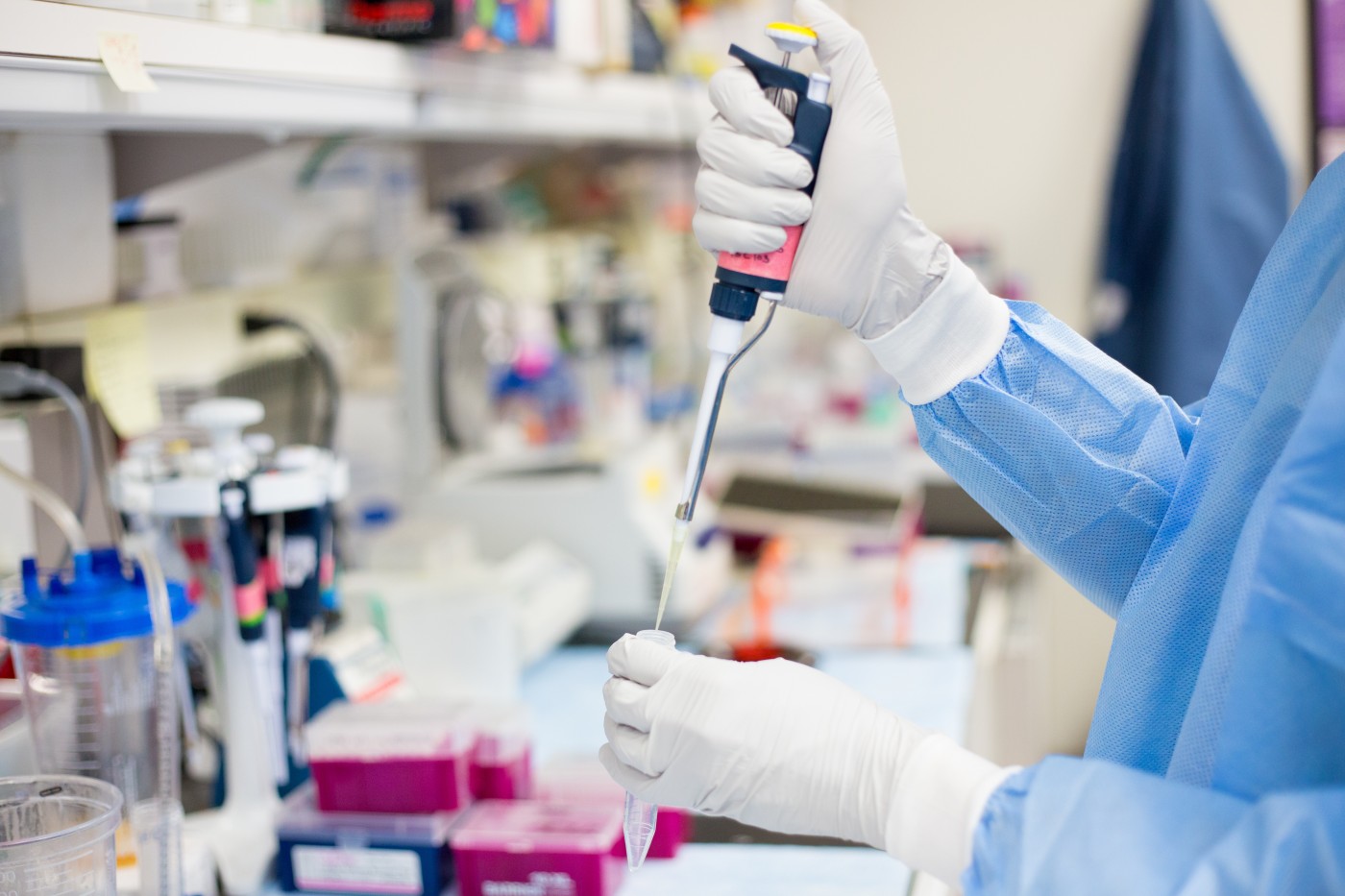hemotherapy remains one of the most effective therapeutic strategies for the treatment of breast cancer, although the number of patients who don’t respond to it, or relapse despite it, is considerable. This treatment is especially crucial for people with triple-negative breast cancer, defined by the lack of estrogen and progesterone receptors and the human epidermal growth factor receptor 2 (HER2). These patients, dependent on chemotherapy treatment, have poor prognoses due to the inherent resistance of their tumors to chemotherapy drugs. They also present an increased risk of recurrence. As such, understanding the underlying mechanisms of drug resistance is essential to improved tumor treatment and patient survival.
Researchers focused on methylation-controlled J protein (MCJ), a negative regulator of mitochondrial respiration that is associated with sensitivity to chemotherapy drugs in cancer cell lines. They collected biopsies from 62 female breast cancer patients, and investigated the correlation between MCJ expression and response to neoadjuvant chemotherapy, observing that MCJ expression predicted patient response to chemotherapy. Namely, they found that poor expression of this protein correlated with a poor response to chemotherapy, but did not correlate with response to endocrine therapy. These results indicate that MCJ expression may be a specific marker for chemotherapy response.
The research team also studied the effects of MCJ expression in mouse models, and found that loss of MCJ causes chemoresistance in vivo, reducing the response to chemotherapy while not affecting mammary tumor development or growth. In addition to being a potential biomarker, MCJ can be a therapeutic target for breast cancer treatment. Stimulation of MCJ expression, through MCJ agonists, might be used in combination with chemotherapy drugs to overcome chemoresistance.
Despite advances in screening, prevention and treatment of breast cancer, the mortality and recurrence rates of this malignancy remain high. The American Cancer Society estimates that, in 2016, some 40,450 women will die from breast cancer.

